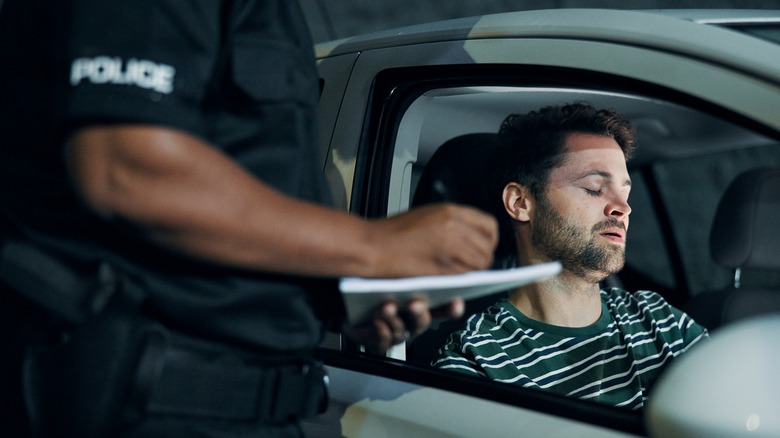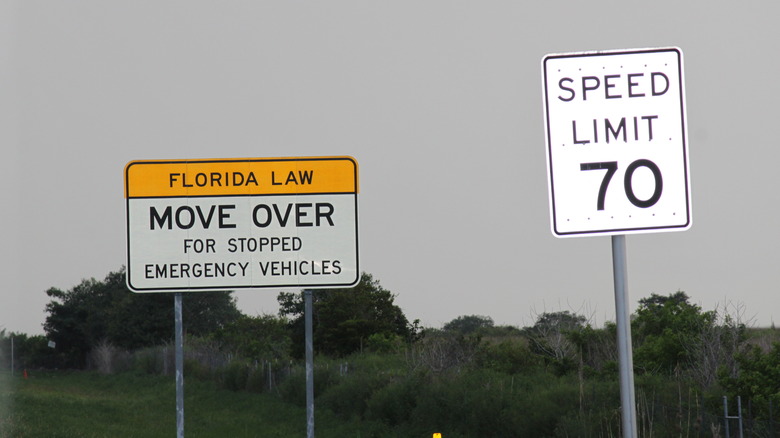Florida's New Speeding Ticket Law Can Cost Drivers More: Here's What You'll Pay Now
2025 appears to be the year of states modifying their motor vehicle rules. Months after Virginia enacted a new backseat passenger law, Florida changed its speeding laws. The new law that took effect on July 1, 2025, is called the Dangerous Excessive Speeding Law (CS/CS/CS/HB 351), and it adds more than just monetary consequences when someone is caught driving within Florida's jurisdiction at extreme speeds.
The new law has changed what used to be an already high-dollar traffic ticket and tacked on more severe consequences. Excessive speeding is now treated as a criminal offense, something that can land you in jail, cost you your license, and leave you with a permanent criminal record. Florida already had some high penalties for speeding, with drivers being fined $250 if they drove 30 miles per hour over the speed limit. There was a separate statute that made driving 50 miles per hour or more over the limit a special category of speeding.
The mandatory fines were high, starting at $1,000 for the first offense, $2,500 for a second, and $5,000 for a third, as recorded in the Uniform Traffic Citation Manual. While these were high penalties, they were still counted as civil infractions. With the new one in place, that is no longer the case.
Less about the fines, more about jail time
The major change that the new HB 351 Florida Speeding law brings to the table is that it now treats dangerous excessive speeding as a misdemeanor. Such speeding violations, therefore, become less about money. Moreover, the new law comes with the added threat of jail time and lasting consequences. Per the modified law, a driver convicted for the first time could be fined up to $500 and/or spend up to 90 days in jail. For a second or subsequent conviction, the fine can rise to $1,000, and the jail term can stretch to six months. Anyone caught twice within a five-year period will also see their license revoked for anywhere from six months to a full year.
The fines attached to these offenses look lighter in sheer monetary terms and barely compare to the speeding fines charged elsewhere in the world. For example, the maximum fine for a first-time offender has dropped from $1,000 to $500. Even repeat offenders will pay less out of pocket than before. But the state, instead of relying on expensive tickets to discourage reckless speeding, is now relying on the state's criminal justice system to keep speeding drivers in check.
Given that a misdemeanor conviction also translates to a permanent record that can appear in background checks for jobs, housing applications, and professional licenses, the "real" cost of a violation is much higher than the old fines ever were. If we add on other factors like court costs, license penalties, higher insurance premiums, and legal fees, the stakes are higher than ever before.

